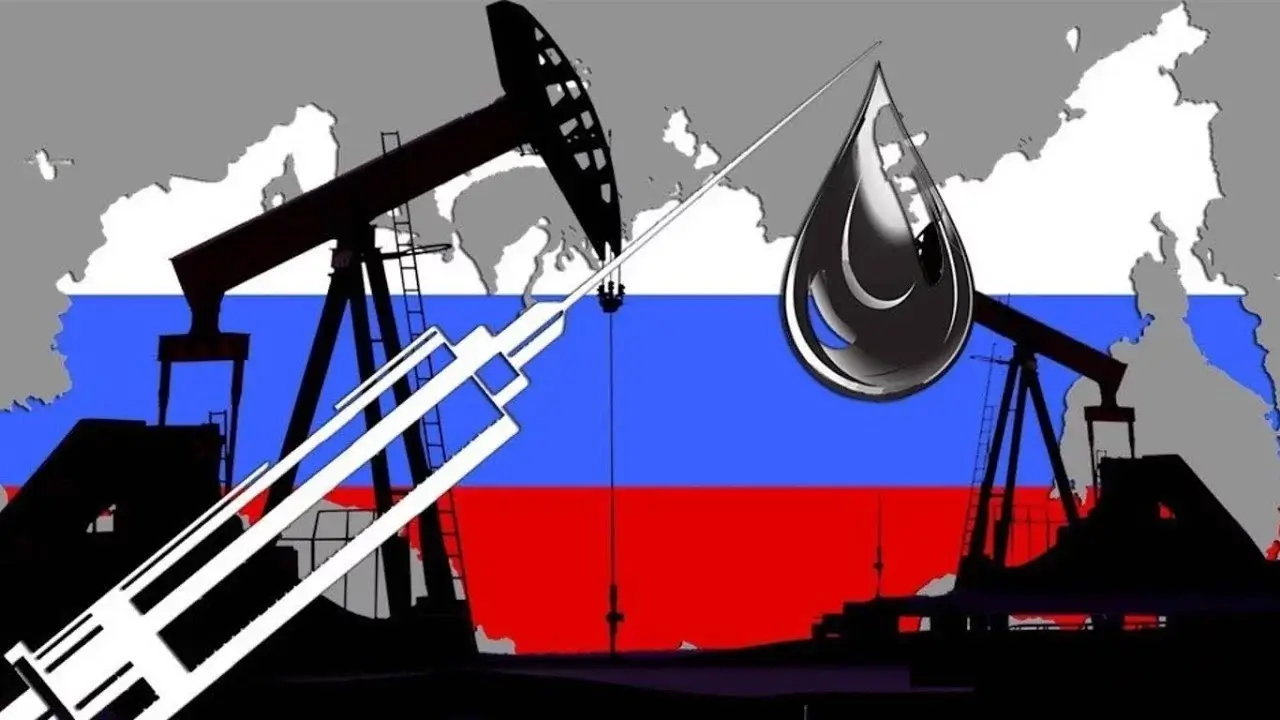Russia has fallen into an oil "trap"...

Saudi Arabia has made the biggest drop in oil prices in two years — it has reduced the price of its main oil grade, Arab Light, to $2.30 per barrel for Asian customers.
According to Bloomberg, this decision came just a few days after OPEC+ decided to increase oil production by 400,000 barrels per day more sharply than expected.
In addition, “Trump’s tariffs” have also dealt a serious blow to world oil prices — oil prices have fallen by $10 in one day: from $75 to $65 per barrel. This is the lowest level in three years. For Russia, whose budget is directly linked to world oil prices, this was a real economic blow.
Earlier, Trump demanded that OPEC+ lower oil prices. He said that this demand is necessary to reduce inflation and increase pressure on Russia - he wanted to persuade the Kremlin to end the war in Ukraine.
Brent below $ 65 - a threat to the Kremlin
The price of Brent oil in London fell below $ 65 - this is the lowest figure in the last four years. For comparison: Russia planned its budget for 2024-2025 with oil prices above $ 70. Every $ 1 loss per barrel means billions of rubles in losses for the budget. Saudi Arabia, on the other hand, plans to gradually increase oil supplies, which threatens to further lower prices.
Why is this painful for Russia?
The Russian economy is critically dependent not only on oil, but also on gas exports. These revenues are used to finance the Kremlin’s military spending, including its war in Ukraine. With budget deficits widening, cheap oil could undermine the Kremlin’s plans to continue its military campaign.
If prices continue to fall, Moscow will face a difficult choice: either it will have to cut military spending or it will be forced to print the ruble. The latter measure will fuel inflation. In either case, this will mean economic disaster for the Kremlin and dire consequences for Russians.
Trump’s role
According to Bloomberg, OPEC+’s decision to increase production and lower prices came against the backdrop of pressure from US President Donald Trump. Trump has demanded that OPEC+ lower prices, which he believes is necessary to combat inflation and increase pressure on Russia. His decision has a two-pronged effect: it reduces Russia's hydrocarbon export revenues and deprives the Kremlin of a source of financing for the war.
Low prices add to the problems
Oil prices have fallen by more than 10 percent in a week. This is the first time Saudi Arabia has cut prices this sharply since the beginning of 2022. Additional oil has been flowing into the market since May. At the same time, Moscow is losing influence within OPEC+ - Saudi Arabia is acting increasingly independently.
A dangerous picture for Russia
Russia has fallen into an oil trap. Such a sharp decline in prices is hitting the weakest point in the Russian economy - oil export revenues. If prices do not stabilize, the Kremlin could face a budget disaster on a scale not seen even during the 2014 crisis. Read “Zamin” on Telegram!
Ctrl
Enter
Found a mistake?
Select the phrase and press Ctrl+Enter 





















